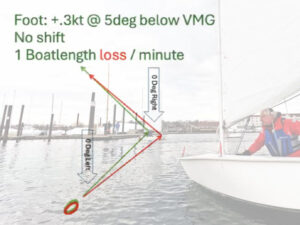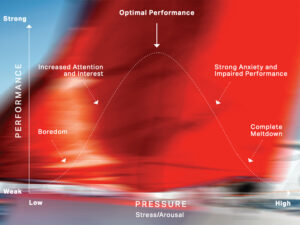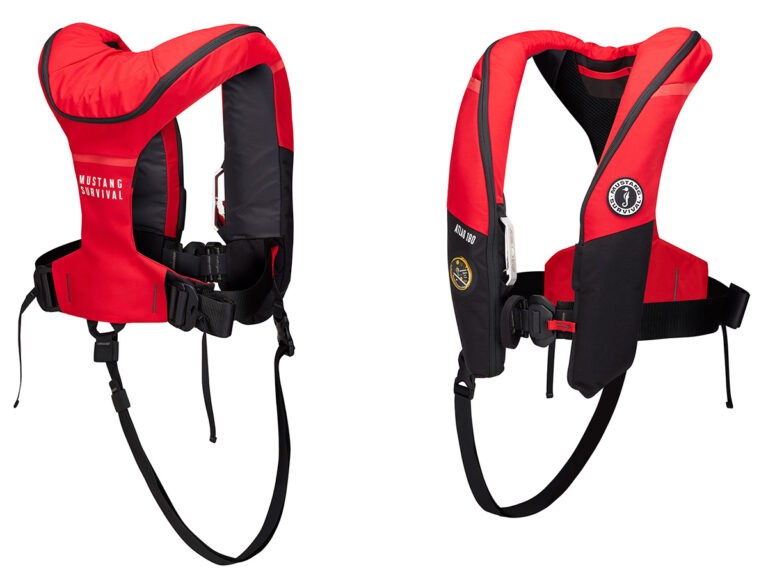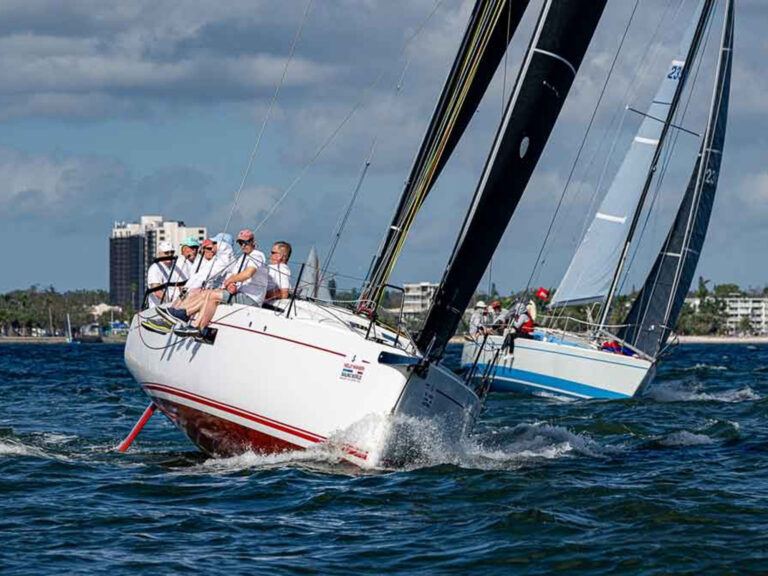
2015 ROLEX FARR 40 NA
At a recent Farr 40 event, I went into the protest room regarding a decision on the question of whether two boats had reached the three-length zone or if it was a port-starboard situation in the open course. The decision wasn’t in our favor — a painful outcome and yet an opportunity to learn.
Lesson 1: Be prepared with math. Any boat with a computer can yield info regarding boat positioning, speed, and wind speed. In our situation I had an eyewitness who was unbiased and reliable; yet my competition won the protest with well thought out information supported by math, target boat speeds for angles and true wind speed. I learned I need math to back up facts provided by a witness.
Lesson 2: Don’t rely solely on the umpires. In the Farr 40 class, the umpires will blow a whistle if they witness a situation. However, if there’s no whistle, it does not mean there is no foul. In our situation, I mistakenly relied on “no whistle” as an indication of the decision. The DSQ cost us a North American championship; doing a 360 would have cost us three spots. In the heat of the moment it was a tough decision; keeping the big picture in mind will keep you in a regatta-winning mindset.
Lesson 3: Write-up discussion points before the protest. Had I organized my thoughts, my presentation would have been clearer. Using boat information plus a clear presentation of facts makes this an easier protest to win. As soon as I received a copy of the protest I should have gone straight to the drawing board and prepared my own facts based off of my recollection of the situation. Knowing what is going to be argued, it would have been very easy to prepare a step-by-step argument using all the facts from our boat. Treating the protest room with the same process that I approach racing is a big lesson. The same methodology is required and while it does not guarantee success it can only improve your chances.
In conclusion: regardless of how strong your case may be, there are always two sides for the judges to consider, don’t rely solely on a witness – regardless of credibility, and use all relevant information to get the right decision. A little preparation will go a long way… and when in doubt, stay out of the protest room.









